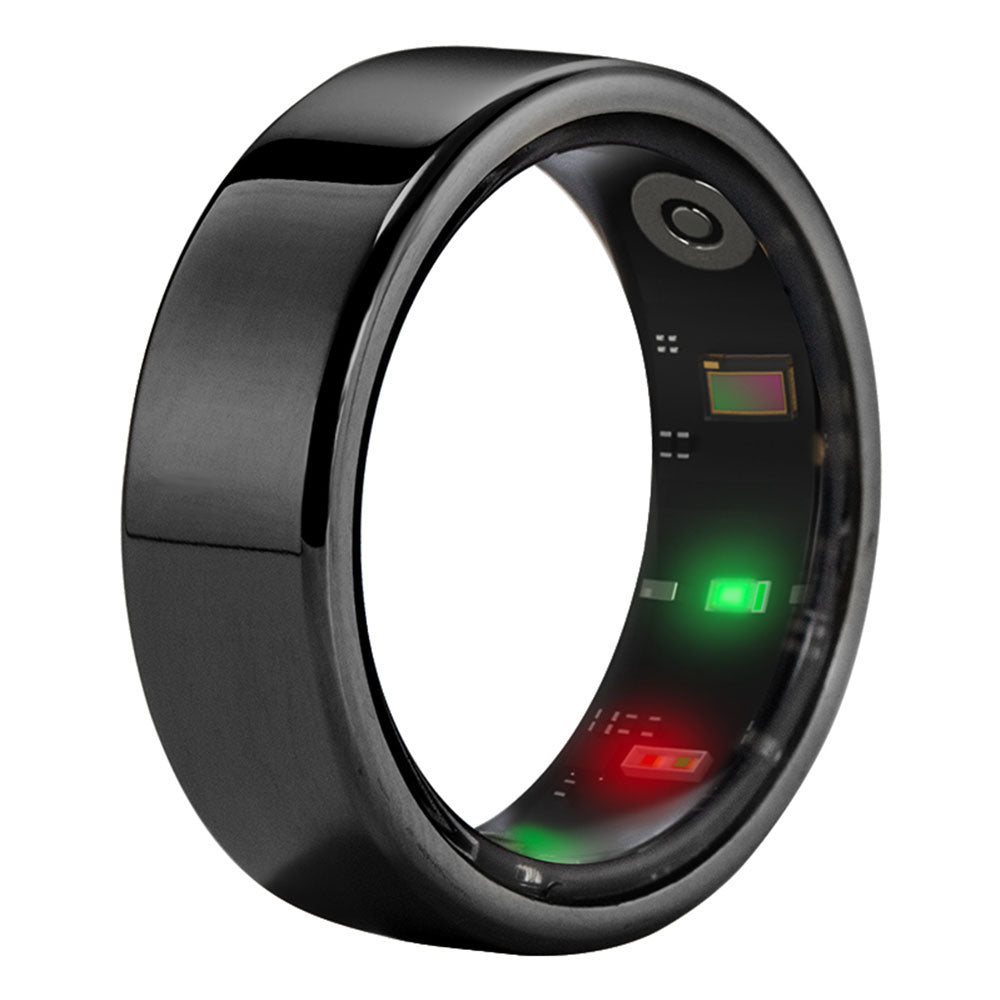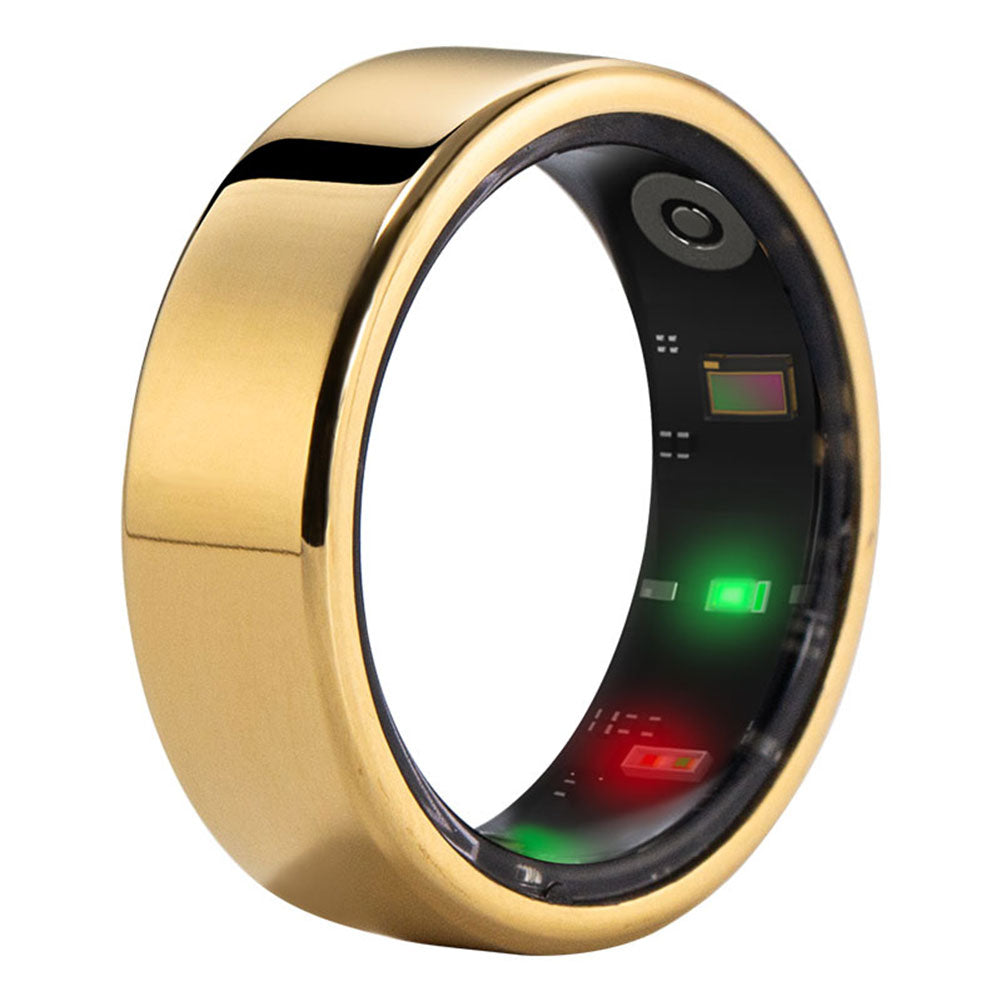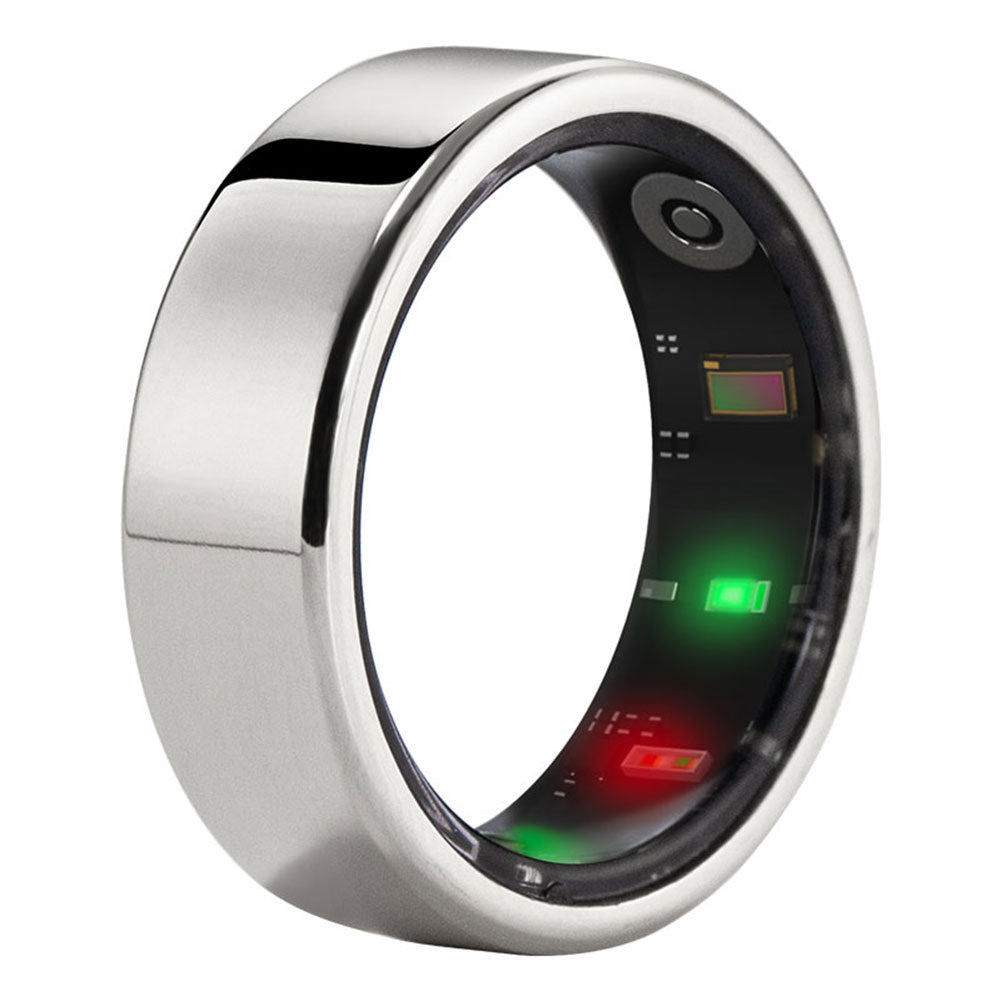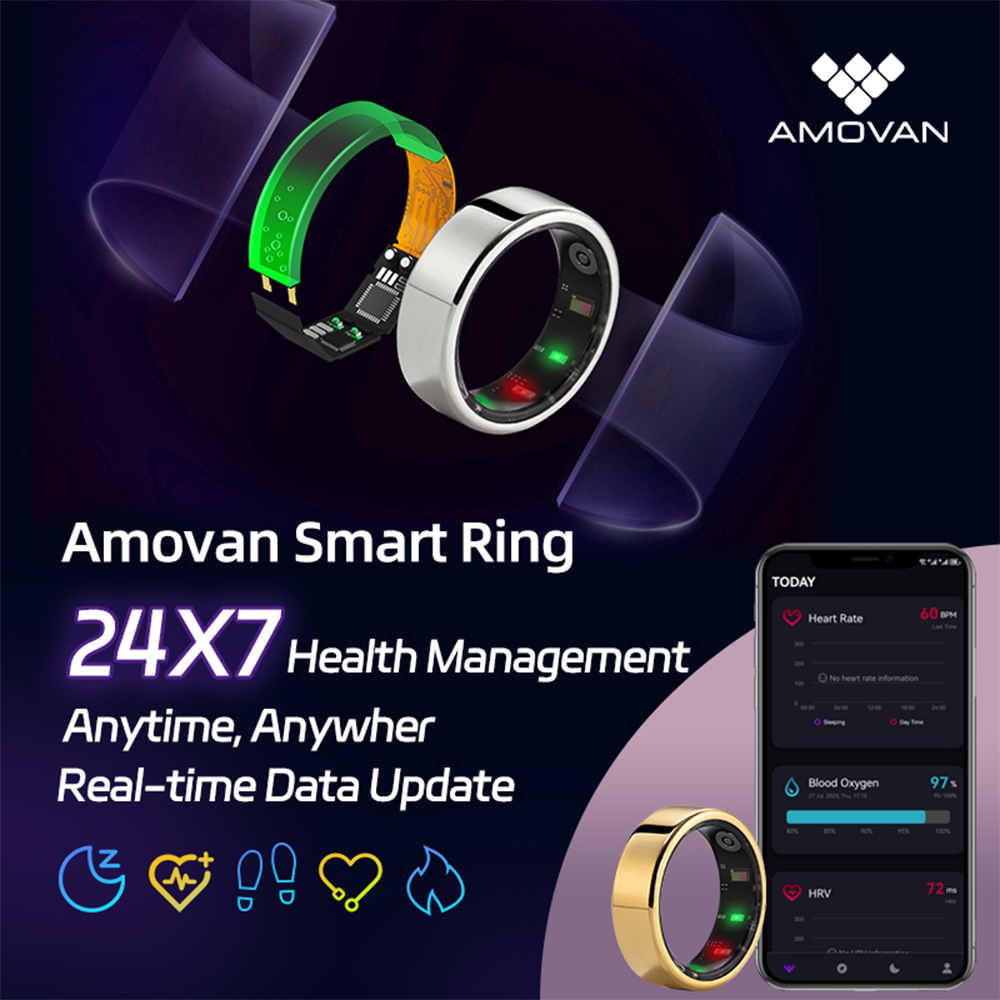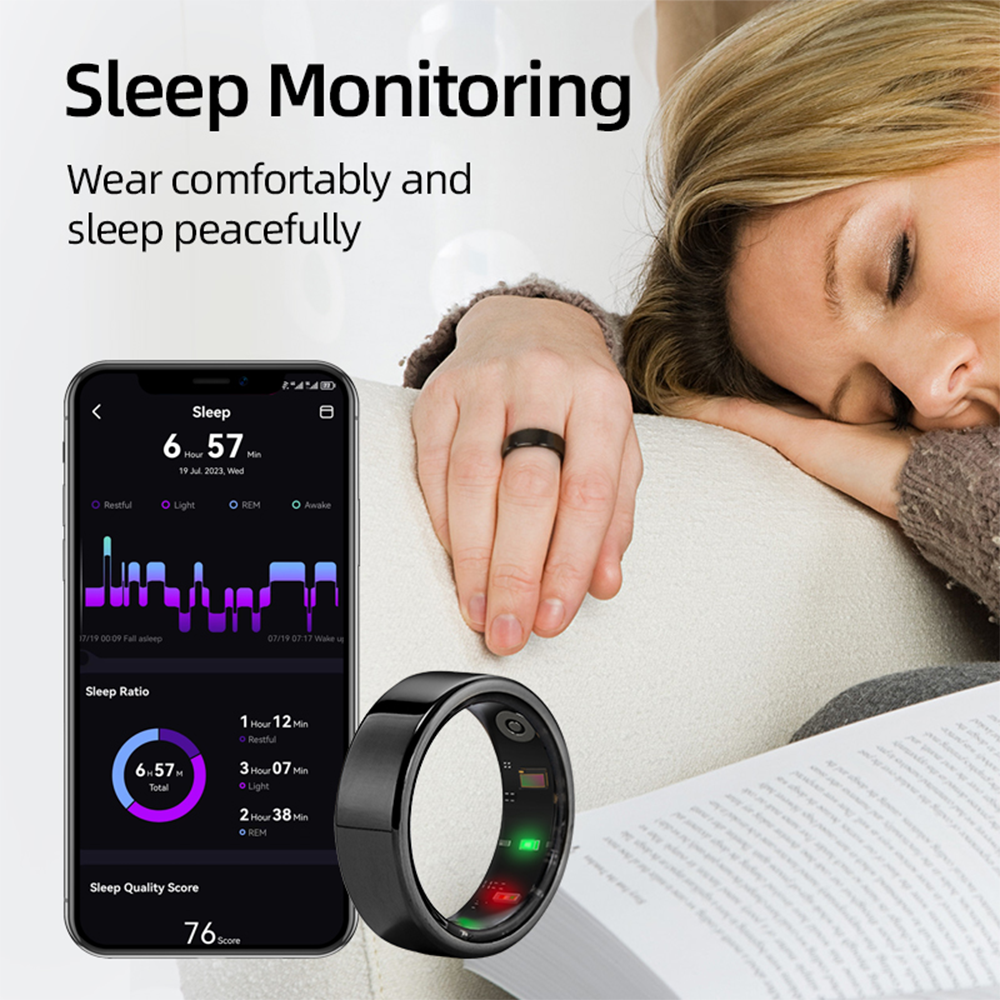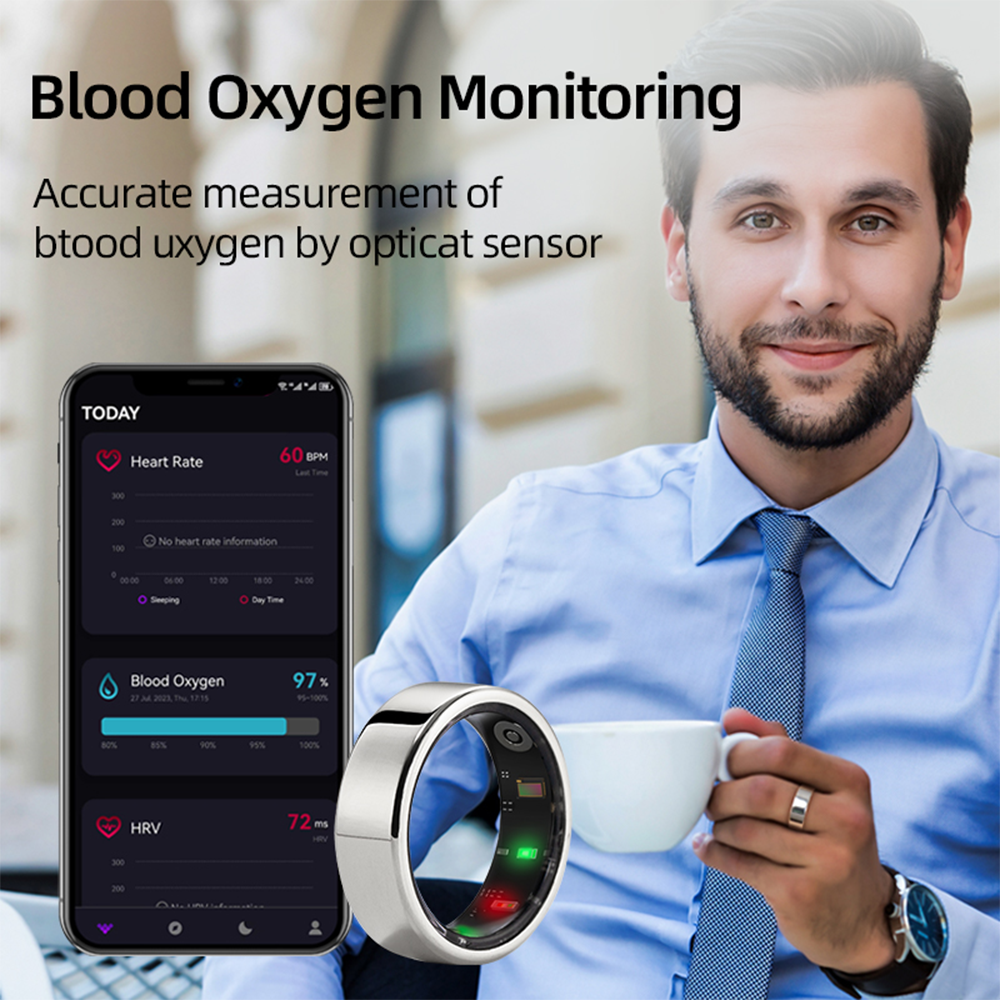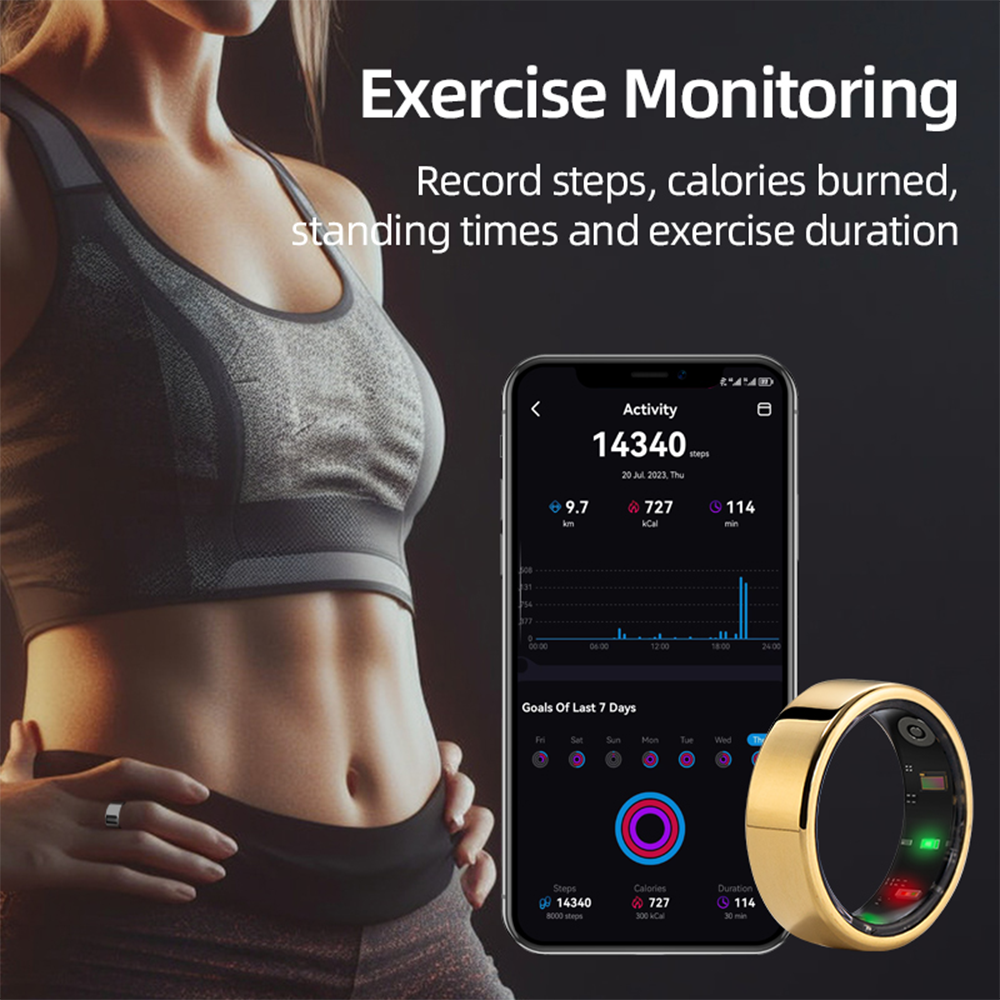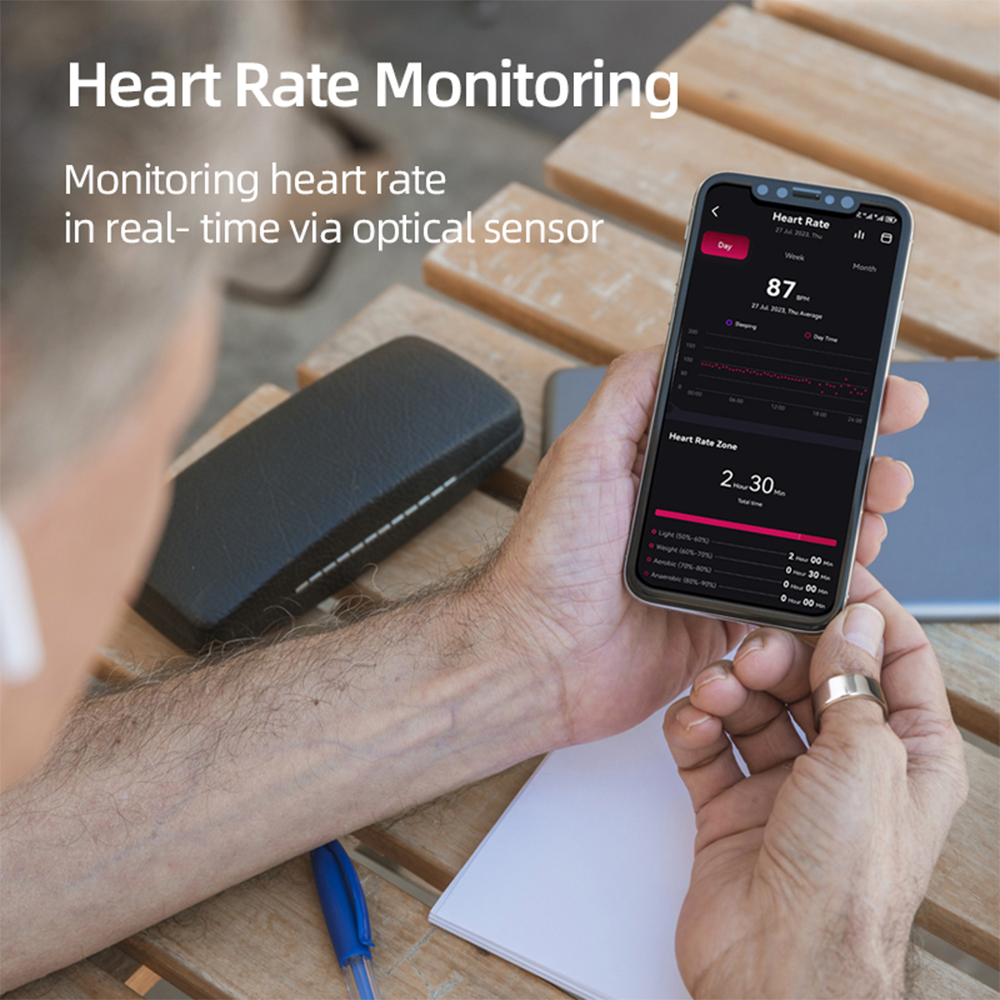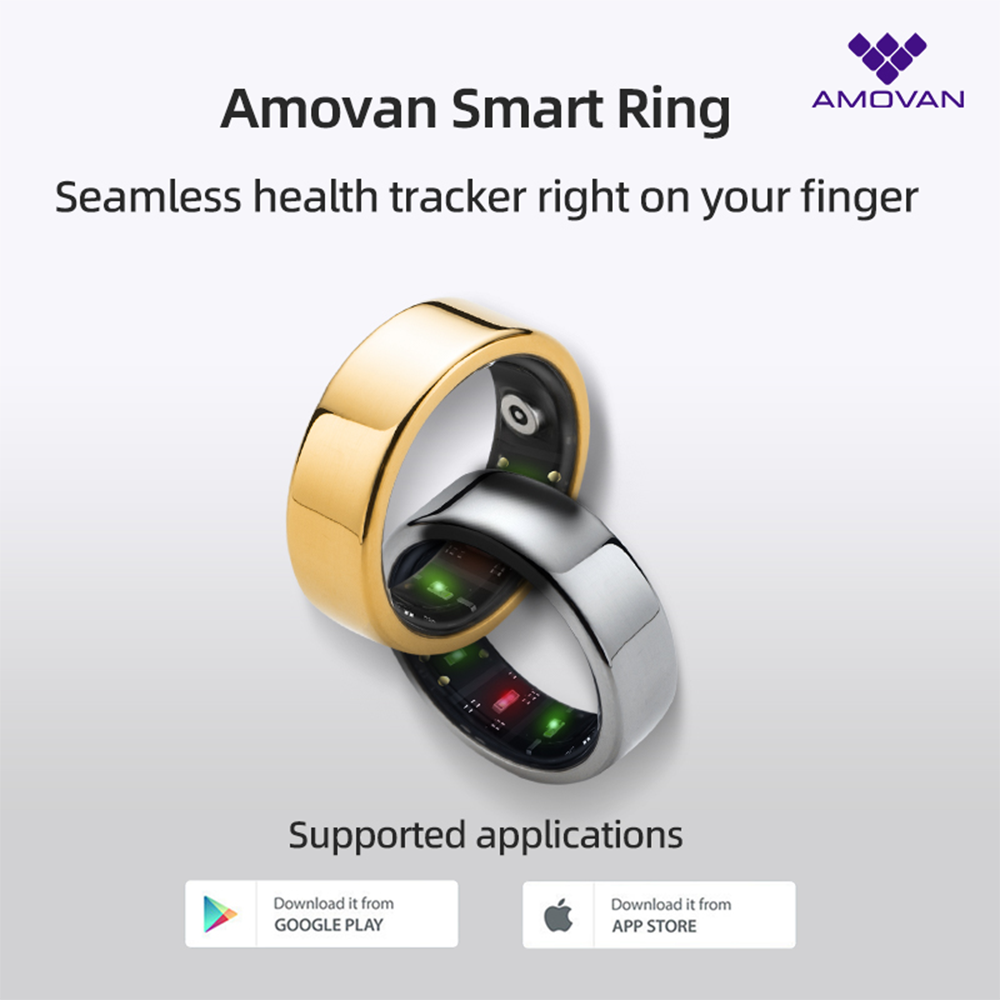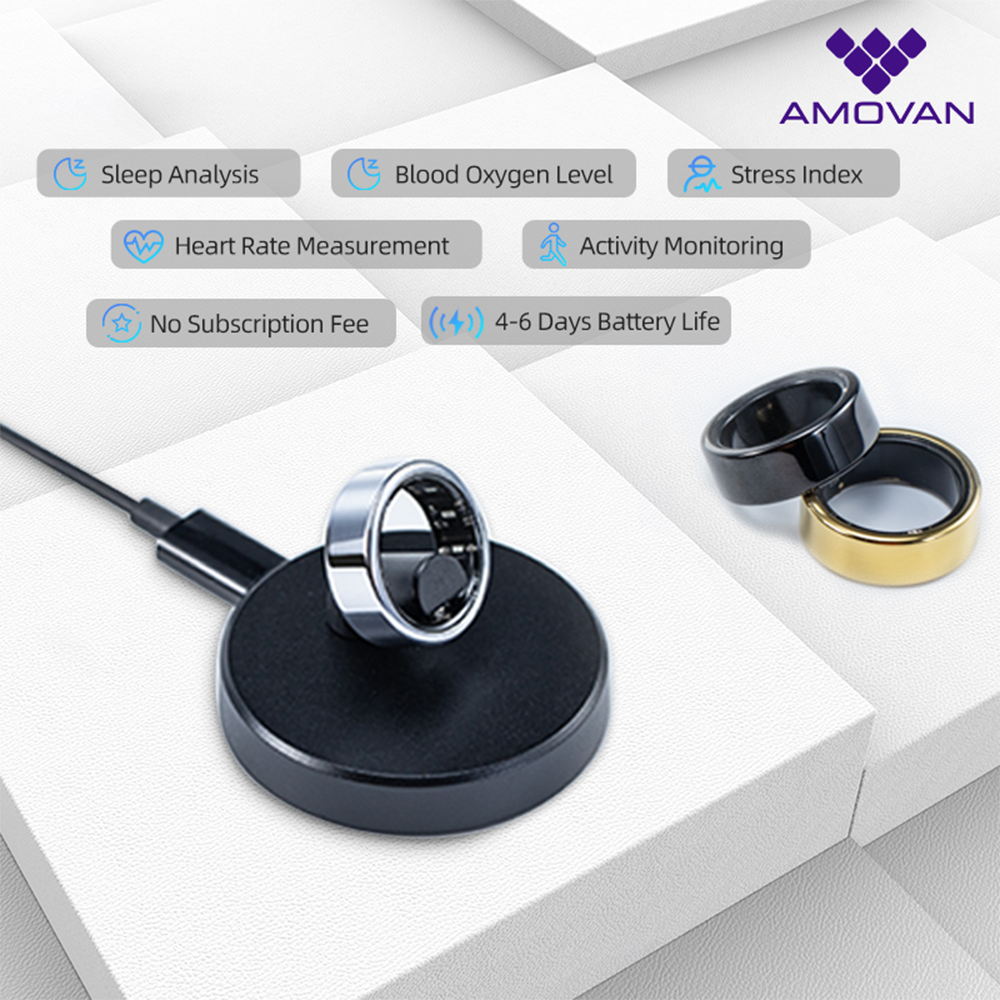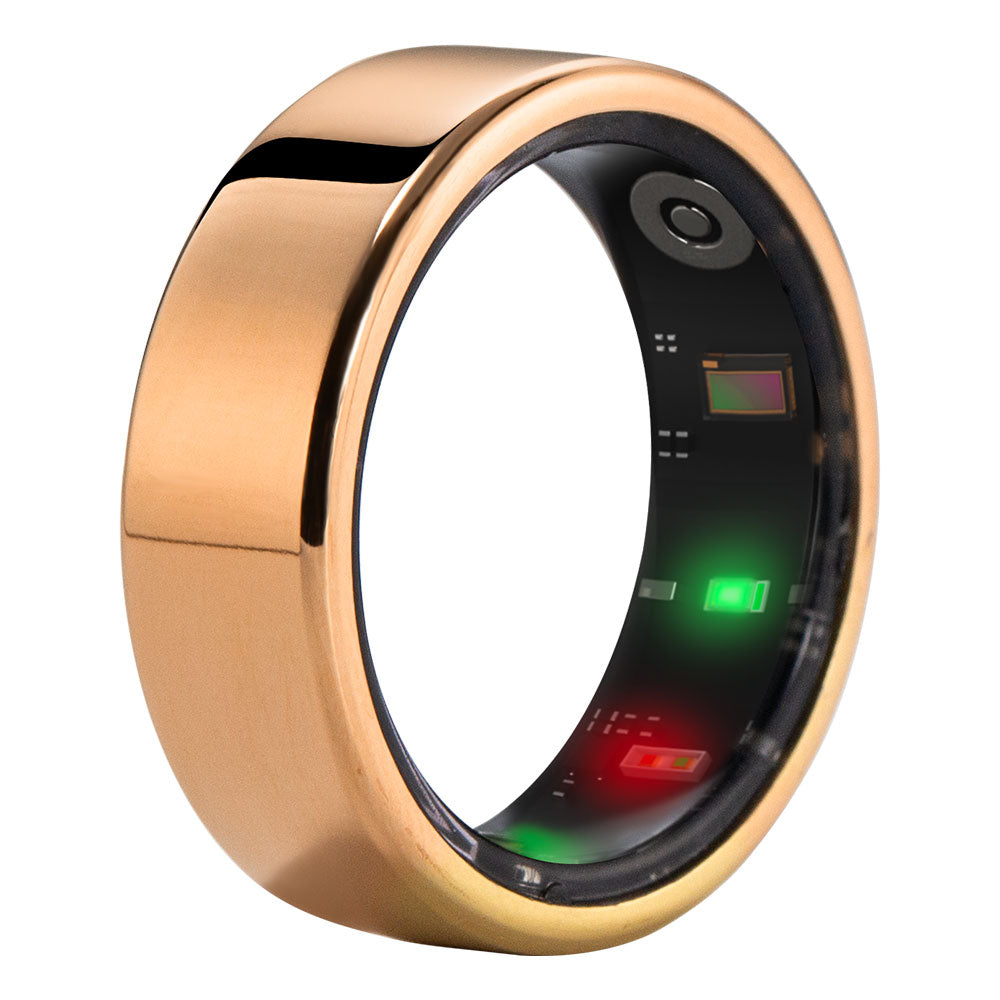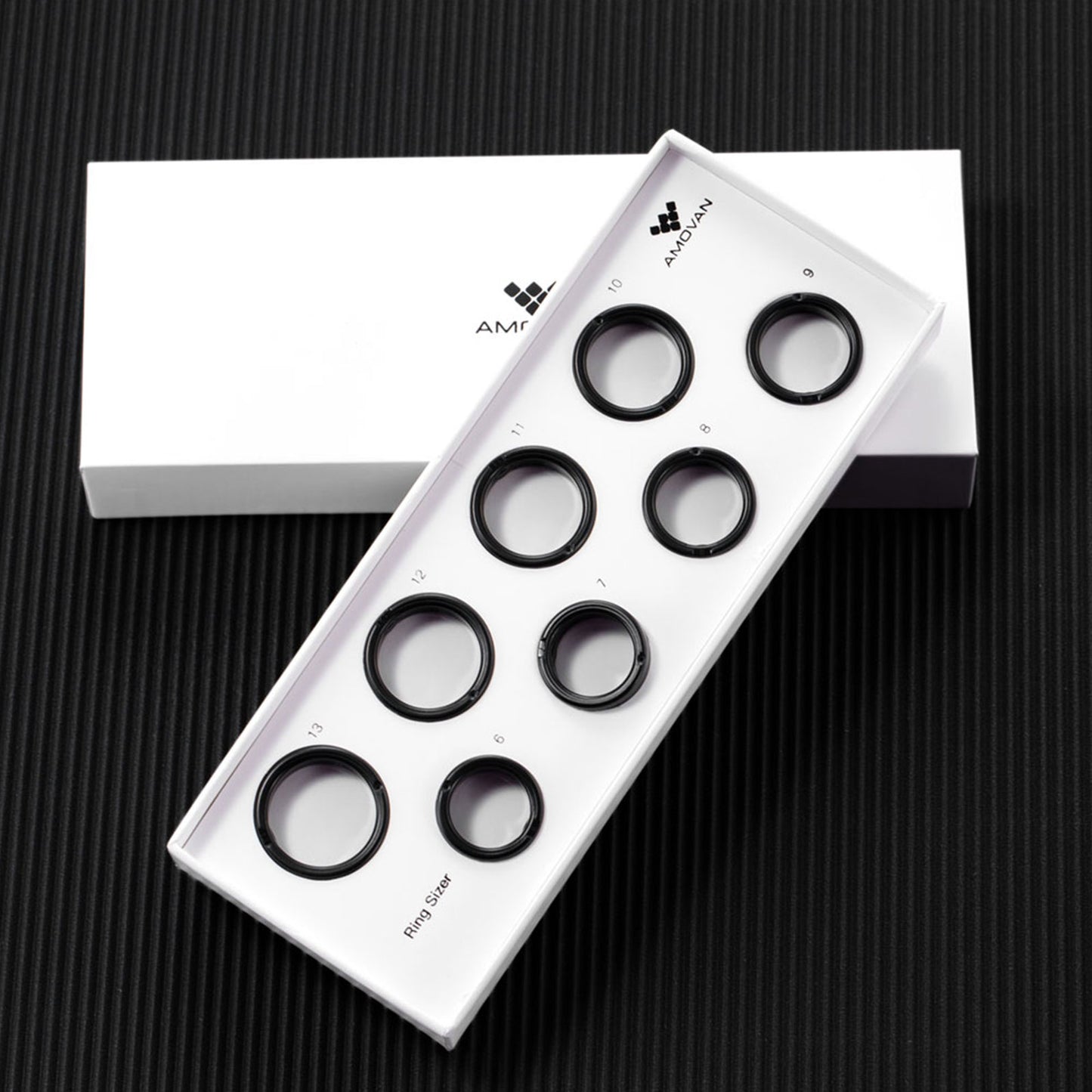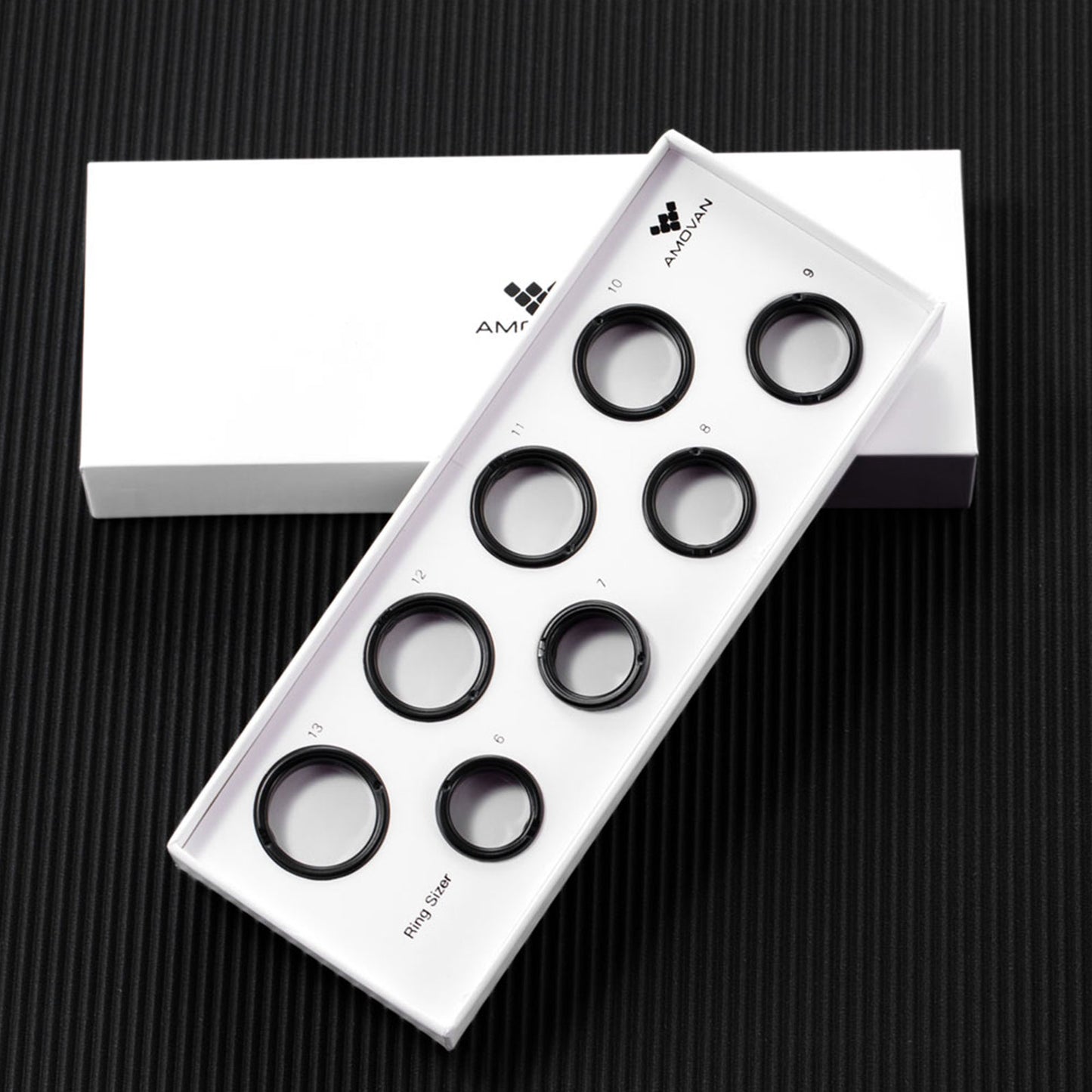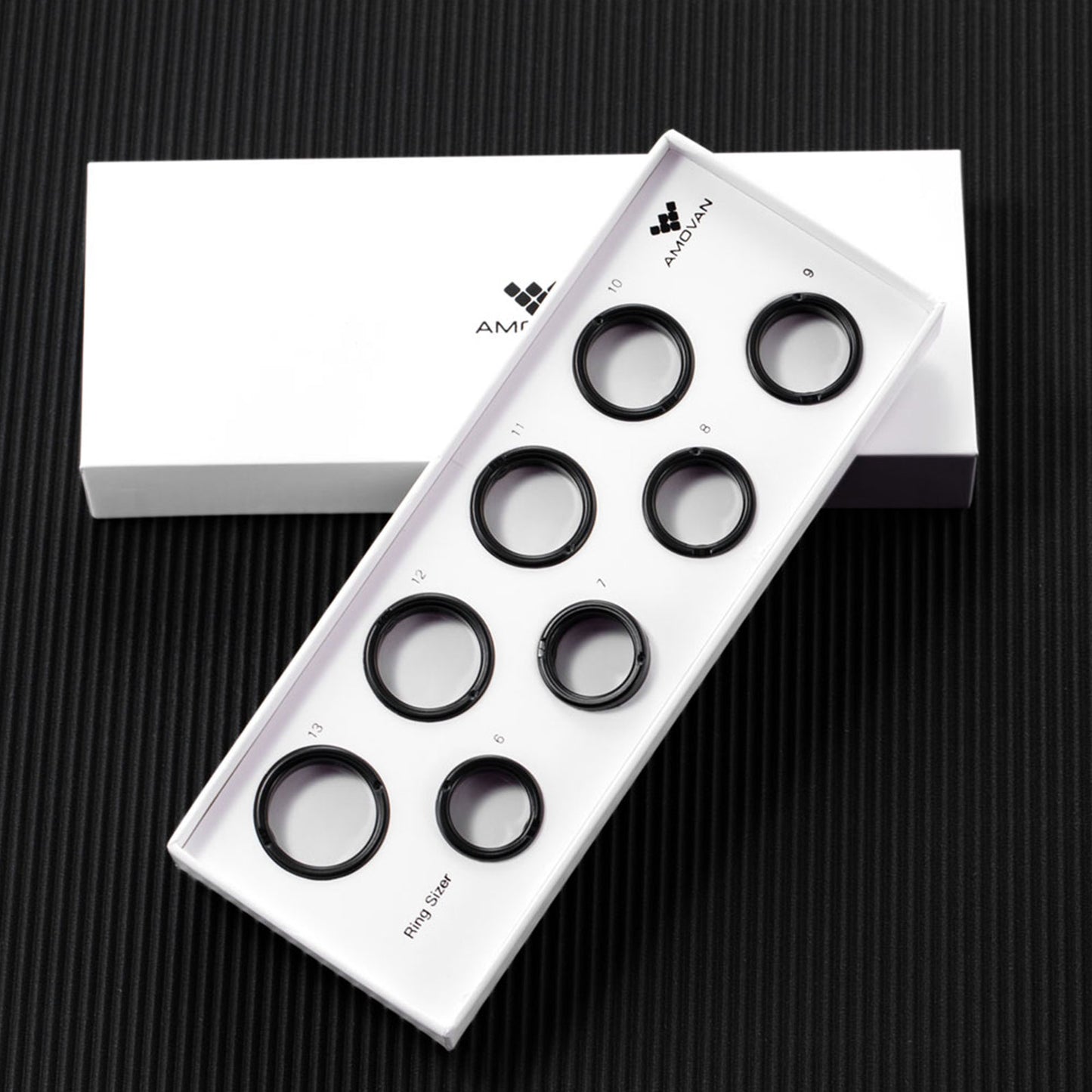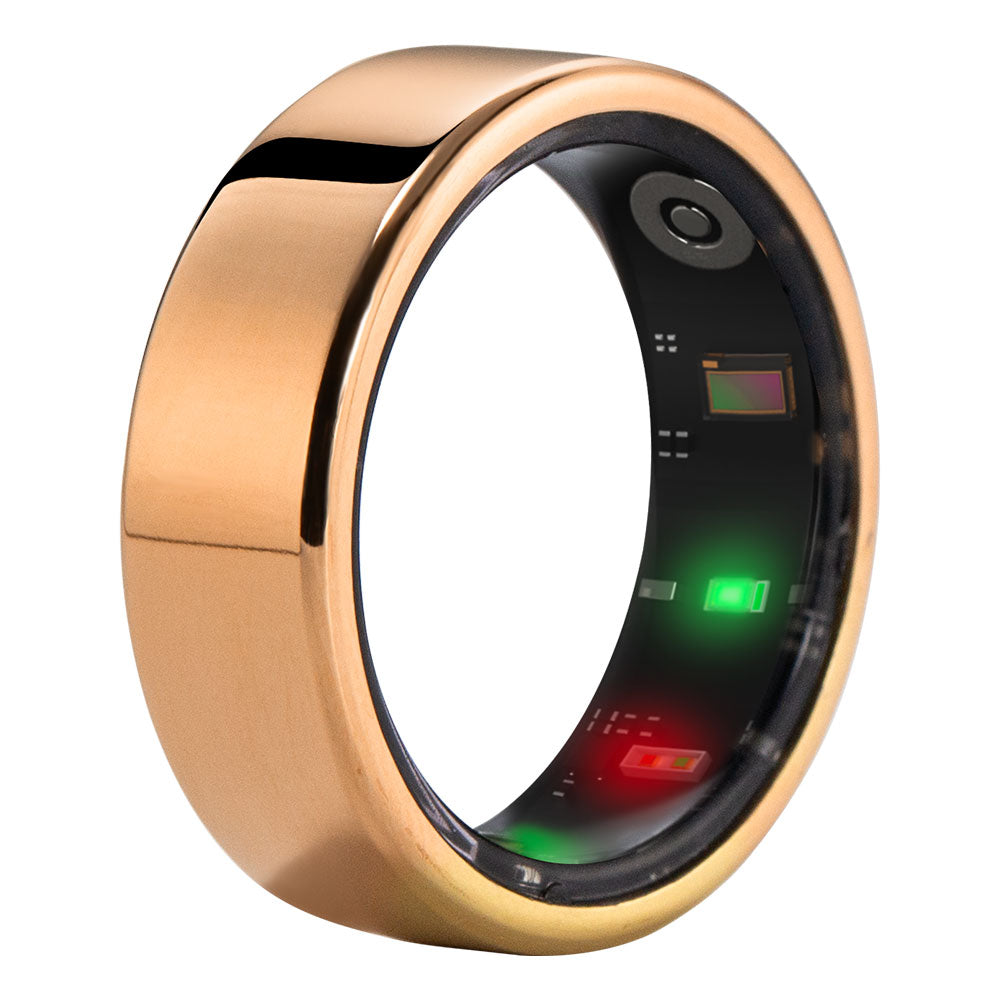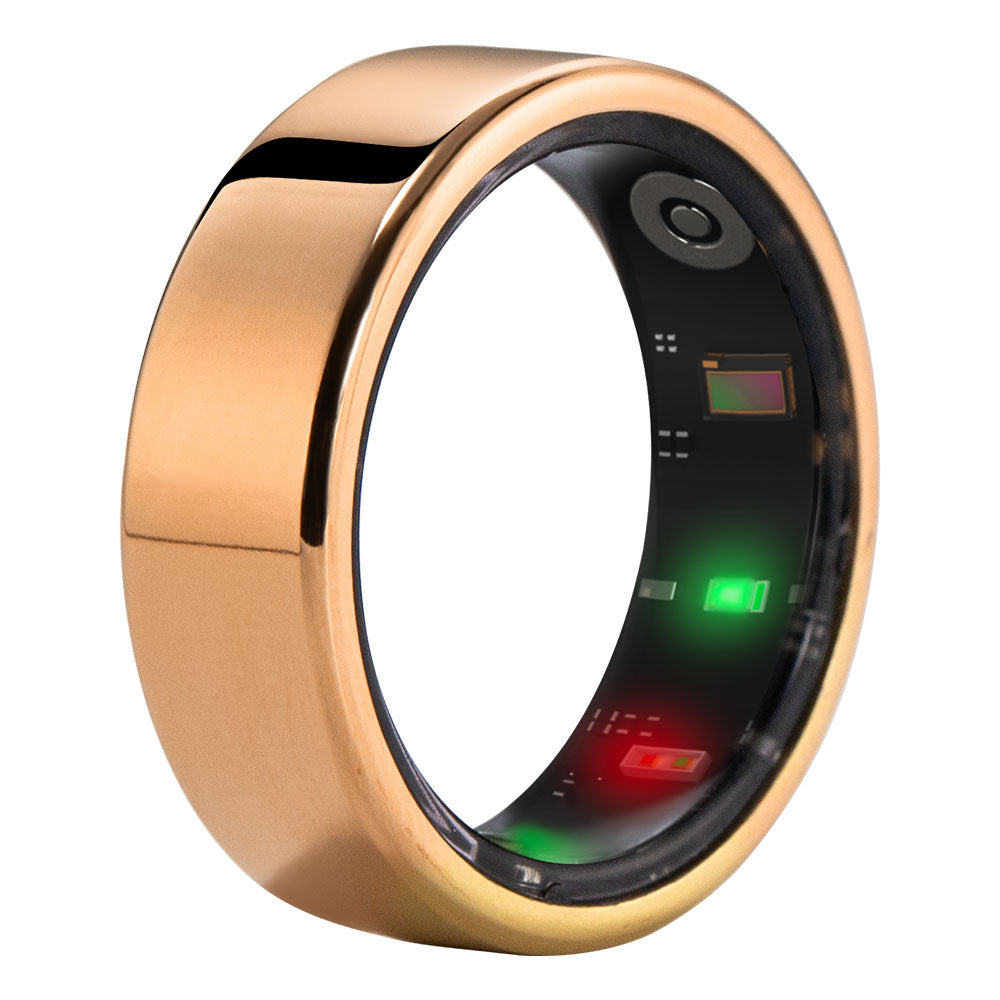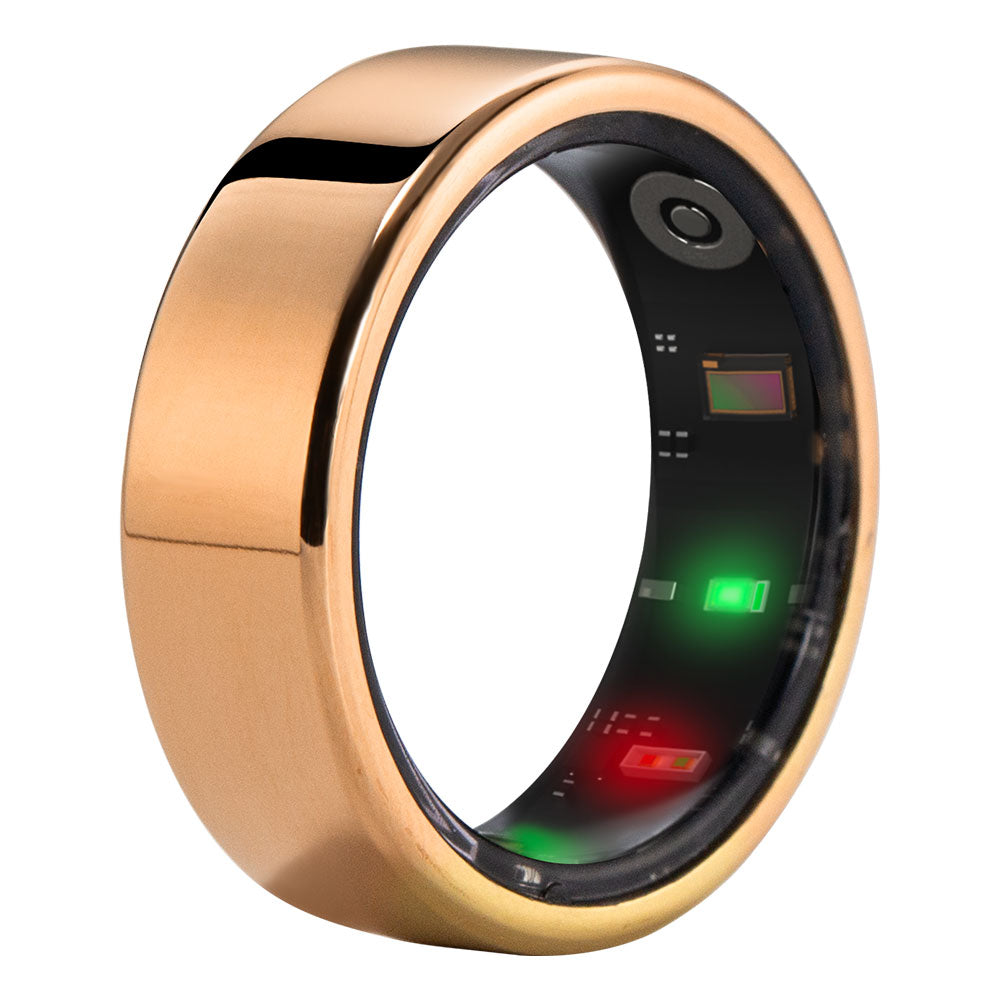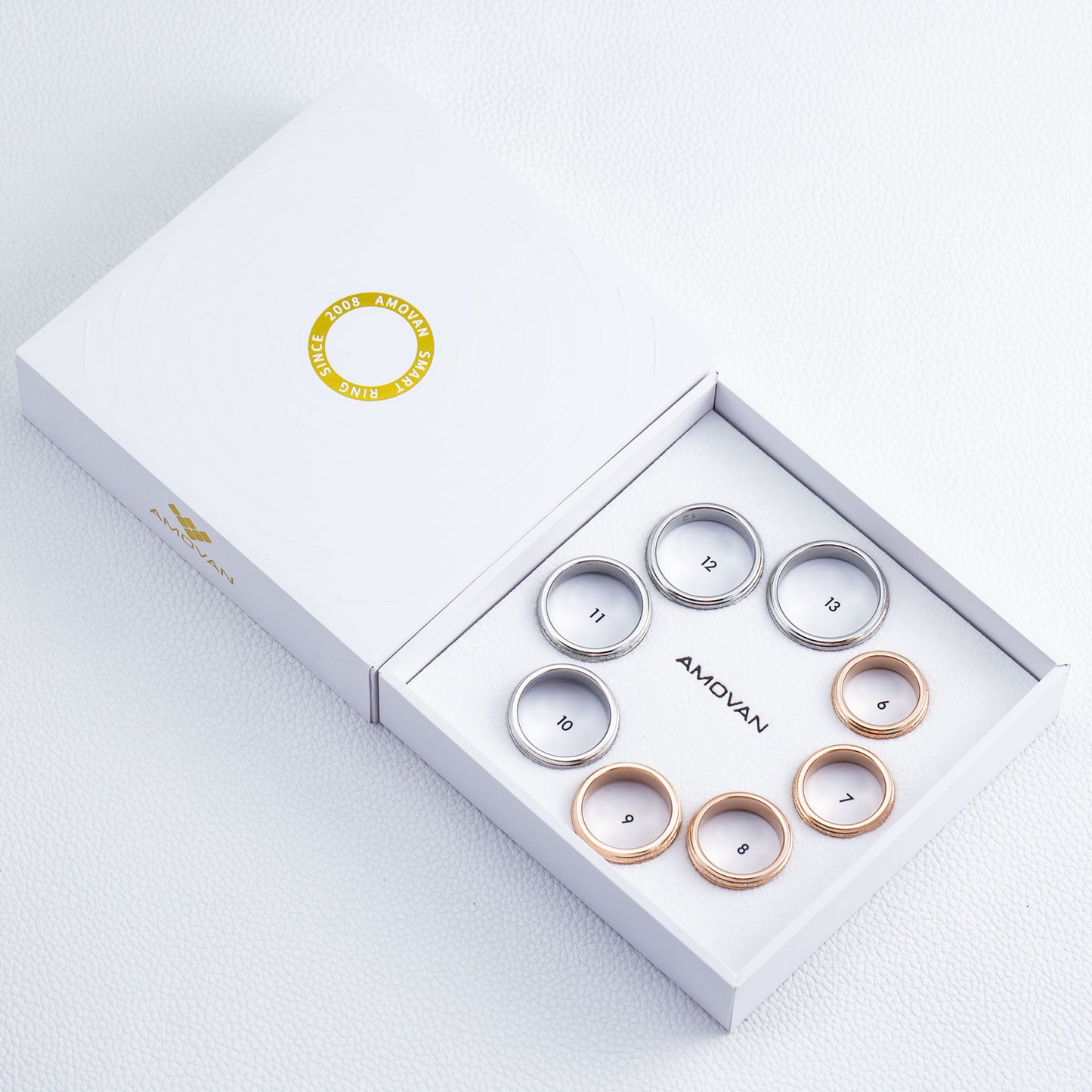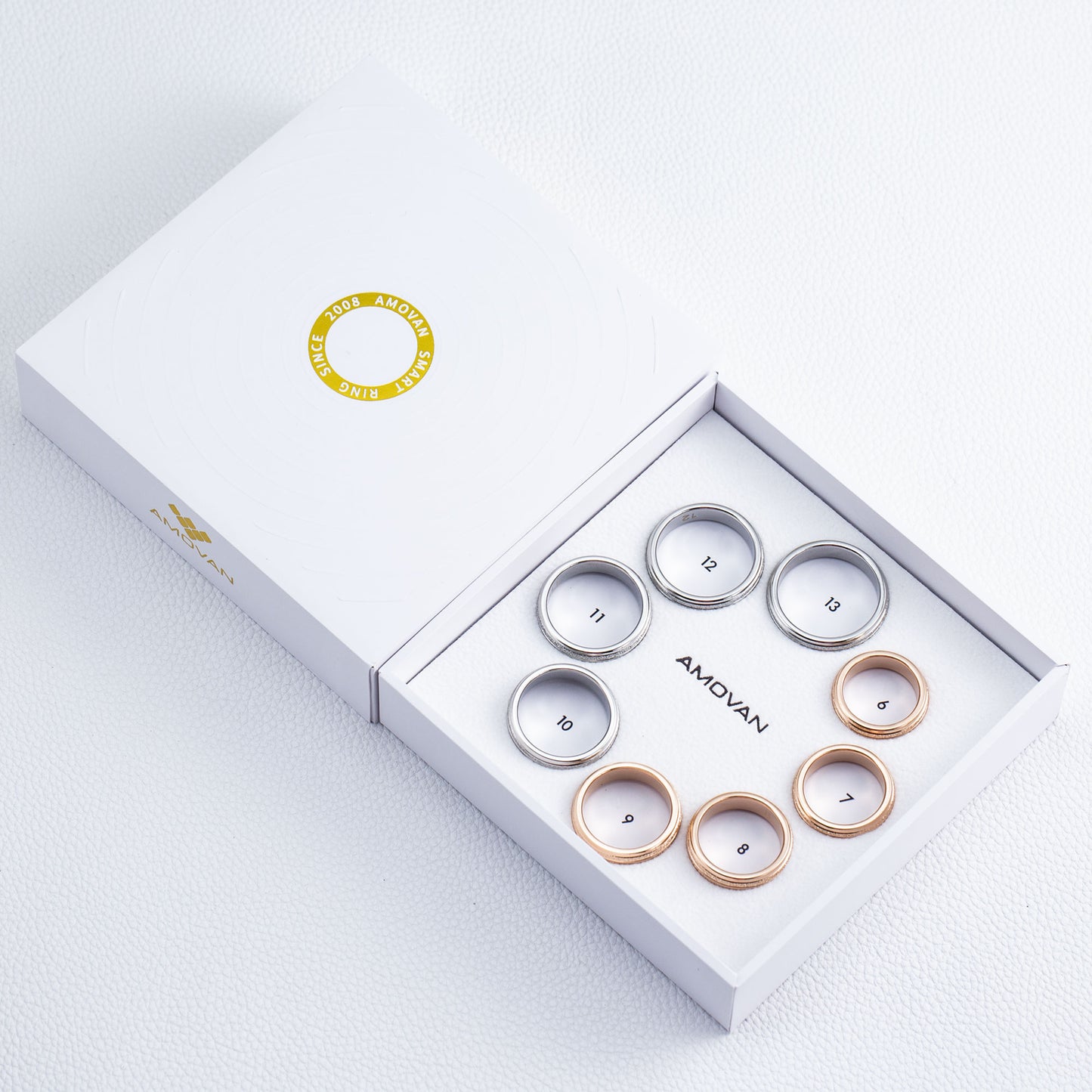Introduction
Heart health is a crucial component of overall wellness, and as lifestyle changes continue, the incidence of cardiovascular disease is rising year by year. Effective heart health monitoring can help us identify potential problems early and take preventive measures. Smart rings, as an emerging wearable device, are gradually becoming essential tools for heart health monitoring. This article explores the applications and advantages of smart rings in this field.
Current State of Heart Health Monitoring
Traditional heart health monitoring methods typically rely on medical examinations such as electrocardiograms (ECGs) and echocardiograms. While these methods are effective, they are often not convenient and are conducted infrequently. Additionally, existing wearable devices like smartwatches and fitness bands offer heart rate monitoring features, but may lack precision and comfort.
How Smart Rings Work
Smart rings integrate advanced sensor technology to monitor key indicators such as heart rate, heart rate variability, and blood oxygen saturation in real time. This data is collected and transmitted via Bluetooth to a smartphone app, allowing users to easily view their heart health status and related trends. These metrics can also be used to analyze the effects of exercise on heart health and to monitor changes in heart health during daily activities.
Advantages of Smart Rings
-
Portability: Smart rings are compact and lightweight, making them comfortable for all-day wear and enabling users to monitor their heart health anytime.
-
Precision: High-accuracy sensors provide real-time data, allowing users to track their heart health status accurately and detect abnormalities promptly.
-
Smart Analysis: Smart rings often come with data analysis features that offer personalized health advice, helping users improve their heart health.
Practical Applications
An increasing number of users are adopting smart rings for heart health monitoring. With these devices, users receive real-time feedback on heart rate and heart rate variability, enabling them to identify potential heart health issues. Some users report that after using smart rings, they could promptly detect irregular heart rates and consult with doctors for timely interventions.
Future Outlook
As technology advances, the potential for smart rings in heart health monitoring is vast. In the future, we may see more applications combining artificial intelligence and big data analysis, providing users with more accurate health management solutions.
Conclusion
As an innovative tool for heart health monitoring, smart rings offer users a convenient and precise monitoring experience. With the growing emphasis on heart health, smart rings are likely to play an increasingly important role in the prevention and management of cardiovascular diseases. We encourage everyone to pay attention to this new technology and use smart rings to enhance their heart health.
The Amovan smart ring is designed to serve as a health aid, offering you insights and reminders to support your well-being. It's important to understand that the advice and data provided by our ring are for informational purposes only and should not be considered a substitute for professional medical advice, diagnosis, or treatment.





